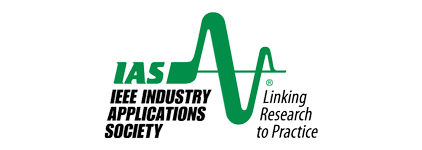We invite you to the first meeting already for:
days
hours
minutes
seconds
What is FES Conference about?
we are delighted to invite our fellow colleagues to join us at the FES conference which will be held in Vaasa, Finland, from 12-14 June 2023. FES2023 is a golden opportunity to hear new research, ideas, and initiatives; as well as interact with key decision leaders in energy-related fields. Delegates make presentations and discuss various issues including intelligent and sustainable solutions for future energy systems. Thanks to the city of Vaasa as the Energy Hub of Nordic Countries, you will have the possibility to network with a broad range of representatives from the utility, product, consultancy, service, and business sectors of the energy industry.
The Future Energy Solution Days aim to bring together leading researchers, engineers, and industry experts from around the world to discuss and exchange ideas on the latest developments in future energy solutions. As a result, in addition to the conference, we will also be hosting workshops and industrial exhibitions.
Conference Scope
FES 2023 Partners
Submit your papers HERE!
Submission of Full Papers: Authors are requested to submit their full papers online by 21 April 2023. The full papers should have at least 4 pages (with a maximum of 6 pages) in A4 following the IEEE paper template. All submitted papers will be peer-reviewed by at least 3 reviewers per paper, and acceptance will be announced on 25 April 2023.
In order to be included in the conference proceedings, at least one co-author of each accepted paper must be registered for the conference and present it in location. Please refer to the registration page for more information.
Submission Link:
https://easychair.org/conferences/?conf=fes2023
All accepted and presented papers will be published by IEEE and indexed in IEEE Xplore.
20% of the top papers of FES2023 proceedings will be further reviewed to be published in the IEEE Transactions on Industry Applications.
FES conference allows researchers to publish Review Papers, Reports, and Surveys.
The FES conference does NOT have an abstract submission phase, and only full papers should be submitted.
Contact Us
Exhibition & industrial workshops:
Tomi Paalosmaa, University of Vaasa, Finland
tomi.paalosmaa@uwasa.fi
Information for authors & publication issues:
Seyed Farhad Zandrazavi, University of Vaasa, Finland
seyed.zandrazavi@uwasa.fi
Request for invoices & receipts,
Arya Ashrafi, University of Vaasa, Finland
invoice@fesconferences.com
Certificate inquiries:
Arya Ashrafi, University of Vaasa, Finland
certificate@fesconferences.com
Other inquiries & issues:
info@fesconferences.com






